A novel in disguise: Theory & Practice, by Michelle de Kretser, reviewed
De Kretser’s witty, innovative take on the immigrant’s predicament tries ingeniously to persuade us that we are not reading fiction but documentary truth
The pointlessness of the German Peasants’ War – except in Marxist ideology
The short-lived 16th-century revolt resolved absolutely nothing, but it loomed large in Engels’s thought and in the official DDR interpretation of history
The beauty and tedium of the works of Adalbert Stifter
The 19th-century Austrian was an astonishingly pure stylist, as W.G. Sebald acknowledges – but it takes real dedication to craft to write such boring novels
Once upon a time in Germany: the Grimms’ legacy of revenge and gory redemption
The Household Tales only attained their standing after the brothers’ death, with the unification of Germany and the decades of nationalism that led to catastrophe
The joy of the Turkish barber
Just as you always hope will happen, I knew I had met the man of my dreams almost on sight.…
Reading the classics should be a joy, not a duty
Edwin Frank’s survey of 20th-century fiction stresses the po-faced seriousness of the great novel. But many masterpieces revel in the ridiculous – or are about nothing at all
The joy of weight loss
It was a few months ago. I was coming back from my morning walk with Greta in Battersea Park, so…
The demonising of homosexuals in postwar Britain
The tabloids in particular stirred up fear and distrust with lurid stories of orgies, prostitution, drug-taking, political corruption, sinister concealment and susceptibility to blackmail
The trivial details about royalty are what really fascinate us
Craig Brown’s focus on specifics that other biographers would consider beneath them brings rich rewards
The dark side of your local dog show
Over at the judging for Waggiest Tail, things were getting acrimonious. ‘That bloody woman,’ my new acquaintance muttered. We were…
Dedicated to debauchery: the life of Thom Gunn
Even the most liberal-minded reader might be surprised by the amount of crack cocaine, LSD, alcohol and casual sex the poet indulged over the course of 50 years
The clue to Shakespeare’s sexuality lies in the sonnets
They are quite unlike any other sonnet sequence of the time and seem to be a kind of personal statement – written by a man with undeniable feelings for another man
The art of talking to strangers
About halfway round the park, by the last spindly remnants of the Festival of Britain, I bumped into my Scandinavian…
My vote winner? Banning ‘fun’ runs
One of us must once have told a political pollster: ‘I really have no idea at all who I’m going…
The Berkeley scandal of 1681 transfixed London society – and Aphra Behn soon capitalised on it
In The Love Letters Between a Nobleman and his Sister, often called the ‘first English novel’, Behn successfully milked the affair for all it was worth
The naming of cats
It took a long time for cats to gain the same serious status as dogs, but by the 18th century they were starting to have personalities, says Kathryn Hughes
Garbriel García Márquez has been ill-served by his sons
Posthumously published against the author’s wishes, Until August should not detract from Marquez’s best work – but it would have been better left as a curiosity in the archives
The beauty – and tragedy – of our nesting swans
There won’t be any cygnets this year. The cob was on the lake this morning on his own, occasionally slapping…
The British Empire’s latest crime – to have ended the Enlightenment
Richard Whatmore sees trade and colonisation in the 19th century as the great threat to Enlightenment ideals, and British imperialism as an unremitting force of darkness
The brilliance of A.S. Byatt lives on in her writing
Dame Antonia Byatt, the novelist A.S. Byatt, has died after a long illness. With her goes part of the conscience…
How has the Conservative party’s ‘Dr No’ escaped everyone’s notice for so long?
This malevolent figure has been at the centre of the party for more than 40 years, says Nadine Dorries. But nothing in The Plot bears much relation to reality

















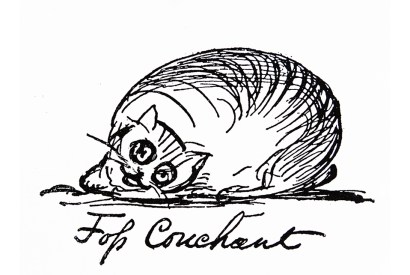

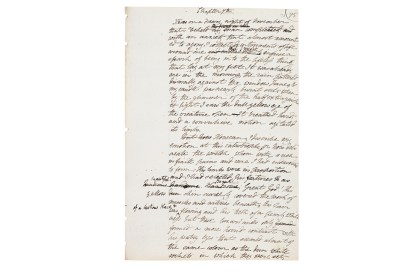



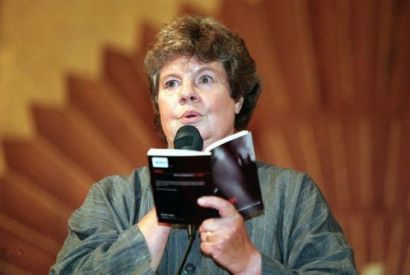




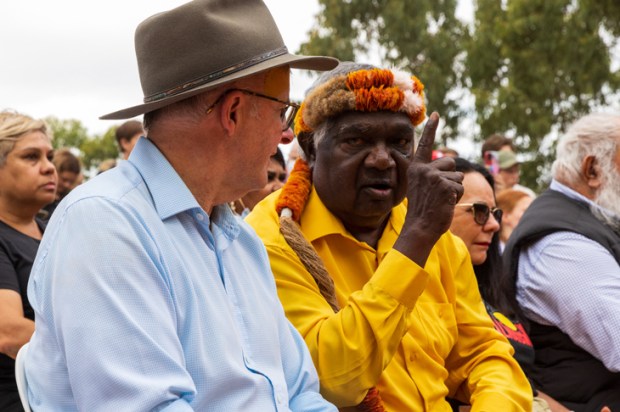
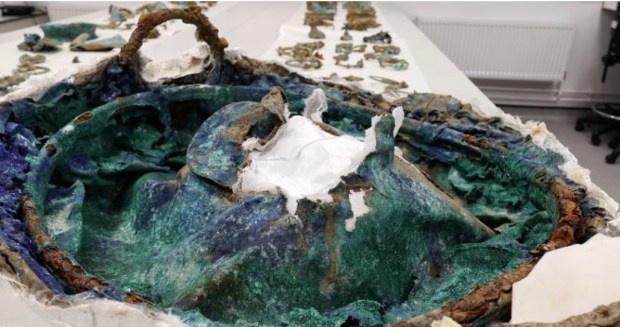

What’s really behind the Tories’ present woes?
Philip Hensher 25 May 2024 9:00 am
Geoffrey Wheatcroft identifies two root causes: the disastrous revision of the leadership election procedure, and David Cameron’s turn to the referendum as a device to govern